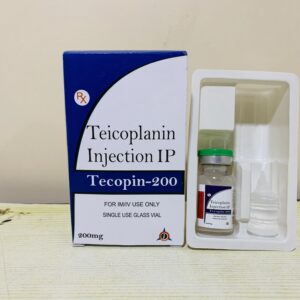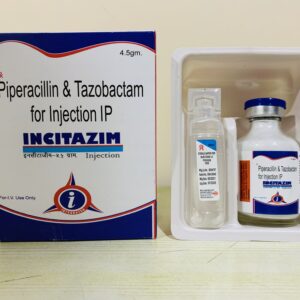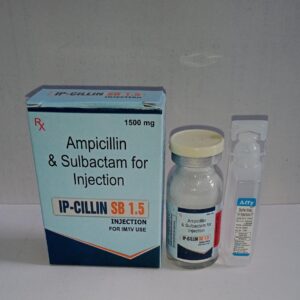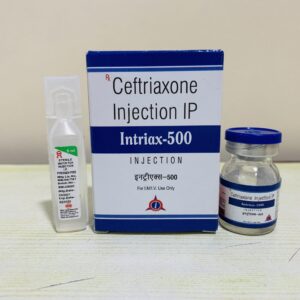Description
Voriconazole Injection (Worizole-200)
This Injection is an antifungal medication indicated for the treatment of:
Fungal Infections: includes aspergillosis, candidiasis, coccidioidomycosis, histoplasmosis, penicilliosis, and infections by Scedosporium or Fusarium.
This medication also can be used in order to prevent fungal infection in people as they undergo Bone Marrow Transplant.
This is also the recommended medication for CNS fungal infections which are transmitted by epidural injection of contaminated steroids.
Voriconazole (Worizole-200)
is intended for administration by intravenous infusion. It is a single-dose, unpreserved product. Your doctor or nurse may give you this medication through a needle in your vein (intravenous, I.V.). It takes 1 to 2 hours to get each dose.
VORICONAZOLE SIDE EFFECTS
- Most common side effects of Voriconazole Injection include peripheral edema, headaches, trouble breathing, diarrhea, vomiting, abdominal pain, nausea, rashes, fever, anxiety, insomnia, confusion, weakness, tingling, sleepiness, dizziness, irregular heartbeats, slow or fast heartbeats, low blood pressure, stomach upset, constipation, jaundice, hair loss, flaky skin, itchiness, red skin, back pain, chest pain, and chills.
- Some adverse effects may also appear in patients with this drug which are squamous cell skin cancer, damage due to phototoxicity, and Stevens-Johnson syndrome; in long-term use, there is a warning of the risk of bone fluorosis and periostitis.
WARNINGS AND PRECAUTIONS
- It is toxic to the fetus; pregnant women should not take it and women taking it should not become pregnant. Use during pregnancy may result in harm to the baby.
- People who have hereditary intolerance for galactose, Lapp lactase deficiency, or glucose-galactose malabsorption should not take this drug.
- It should be used with caution in people with arrhythmias or long QT.
- In long-term use, there is a warning of the risk of bone fluorosis and periostitis.
- Vernier should not be used in conjunction with many drugs including sirolimus, rifampicin, rifabutin, carbamazepine, quinidine, and ergot alkaloids).
- Intravenous use of Voriconazole 200mg must be avoided in patients with severe as well as moderate renal impairment unless an assessment of the risk/benefit to the patient clarifies the use of intravenous voriconazole.
- People with this medication should avoid night driving, because VFEND may cause vision problems like blurry vision.
- Also need to avoid driving or using dangerous machinery, if you have any change in your eyesight.
- No dose adjustment is needed for renal impairment or advanced age, but children seem to clear voriconazole faster than adults and drug levels may need monitoring.
SUPPLIED/STORAGE AND HANDLING
Care should be exercised in the handling of (Voriconazole Injection) should not be opened or crushed. Keep all containers tightly closed. Store permitted between 15-30°C (59-86°F).




Reviews
There are no reviews yet.